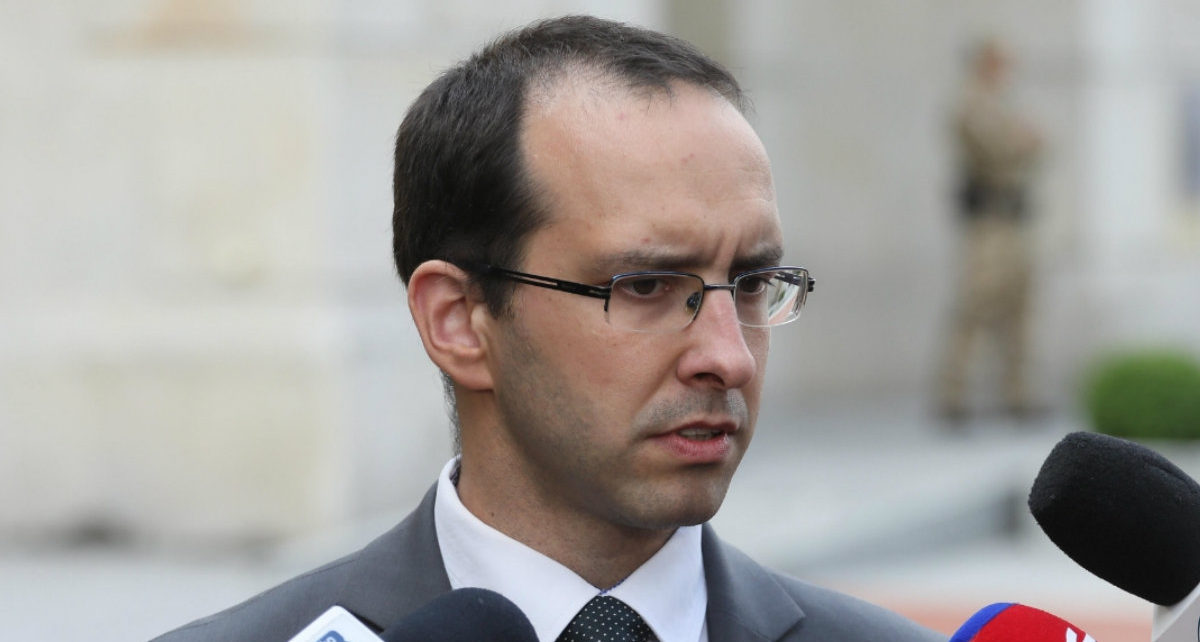By Stanisław Żaryn, for StopFake
While analysing disinformation activities conducted by Russia, it is their propaganda dimension that comes at the forefront. In fact, Russia is using it mainly to achieve specific political goals. Moscow has been implementing hybrid methods for years and they have been treated as equal with the conventional ones. All of them serve to fulfil the Kremlin’s political goals.
This is the very nature of disinformation and propaganda actions currently undertaken by Russia against Finland. Due to its geography and historical background, Finland has for long been a target of the Kremlin’s disinformation attacks, but now they have significantly intensified. It should certainly be attributed to the fact that Finland has rejected the neutrality principle and begun, together with Sweden, the accession procedure to NATO, firmly supports sanctions imposed on Russia and provides aid to Ukraine – not only financially but also militarily.
Although the official Kremlin’s narrative openly downplays Finland’s accession to NATO claiming that it is of no importance to Russia, the efforts devoted to the information front prove the opposite. The Kremlin’s propaganda hits the Finnish government’s policy, especially its security and defence dimension, wishing to alter course that is unfavourable for the Kremlin. Propaganda efforts meet breeding ground, as this topic provokes strong emotions among the general public (mainly because of the Russian invasion against the Ukraine). In consequence, this issue is exploited to undermine the government’s actions, weaken social trust towards authorities and incite anti-Western sentiment. In this context, the Russian message wants to prove that the Finish authorities don’t respect the rules of democracy and their decision to join NATO was made against the citizens’ will. Such narratives are complemented by threats typical of Moscow, concerning an „adequate” response to the NATO enlargement. Actions taken by Helsinki to strengthen its defence are portrayed by the Russian propaganda as an unprovoked aggression towards Russia.
This spectre of tools is complemented by openly aggressive actions that aim at increasing the pressure exerted by Russia and at intimidating the society. Since the beginning of the NATO enlargement procedure, Helsinki has reported on Russia violating the Finnish airspace or on cyberattacks on government websites.
Now, when it is impossible for Moscow to influence the Finland’s decision to join NATO, the Kremlin will profit from every occasion to discredit the Finnish authorities and undermine social support for the government’s decisions. It has been the case even in recent days, when videos showing Finnish Prime Minister at a private party emerged on the Internet. Instantly the materials were used to discredit the Prime Minister and to attack her personally, as well as the whole cabinet. Without prejudging sources of the leak, it should be stated that comments on this matter correspond to the propaganda operation conducted by Russia, targeted at the Finnish government’s policy. Such actions, denigrating Finnish leader, are meant to create opposition towards the government that proceeds with the enlargement process and supports a firm stance towards Russian aggression against Ukraine.
The thread concerning actions supporting Ukraine is even more often used by the Kremlin. The propaganda is attacking Finland’s help for Ukraine and Ukrainian society. Also thesis questioning the Ukrainian statehood are spread in the Finnish information space – already since 2014. Now this anti-Ukrainian message is amplified and targeted also at Ukrainian war refugees. What’s more, propaganda undermines the sense of sanctions imposed on Moscow, which – according to the pro-Russian narrative – only do harm to the Finnish economy.
Russia has been struggling to reach the Finnish society with its message for a long time, but Finns are immune to disinformation and aware of threats. Recently, a change in the Kremlin’s tactics has been clearly visible – now the Russian propaganda spread in Finland concentrates on campaign targeted at minorities living there, mainly from Africa and the Middle East. The message is formulated directly in their languages of origin and disseminated on social media and Internet fora, very often by the so called farms of trolls, sponsored by the Kremlin. Thanks to such a mechanism, Russia may reach those migrants who don’t speak Finnish yet and propagate among them narratives inciting anti-Western, anti-American and anti-Finnish sentiments. In the scope of such actions, thesis attacking Finnish authorities and undermining Finland’s accession to NATO are being identified. Propaganda spreads also narratives about an increasing threat of war between Finland and Russia, which is meant to provoke panic and incite fears among people who have arrived in Finland in recent years.
Russia is also conducting its targeted campaign against the Kurds living in Finland, claiming that in exchange for the Turkey’s consent for the NATO enlargement, Helsinki has „sold them”. There is also a narrative stating that the Finnish state offers better treatment towards Ukrainian refugees than those coming from Africa or Asia. This claim is propagated to provoke conflicts in the society. In a long term perspective, such propaganda is set to undermine trust towards the Finnish authorities and, in consequence, disrupt the integration of migrants, which may destabilize the situation in the country.
Stanisław Żaryn is Spokesperson of the Minister-Special Services Coordinator, Poland





